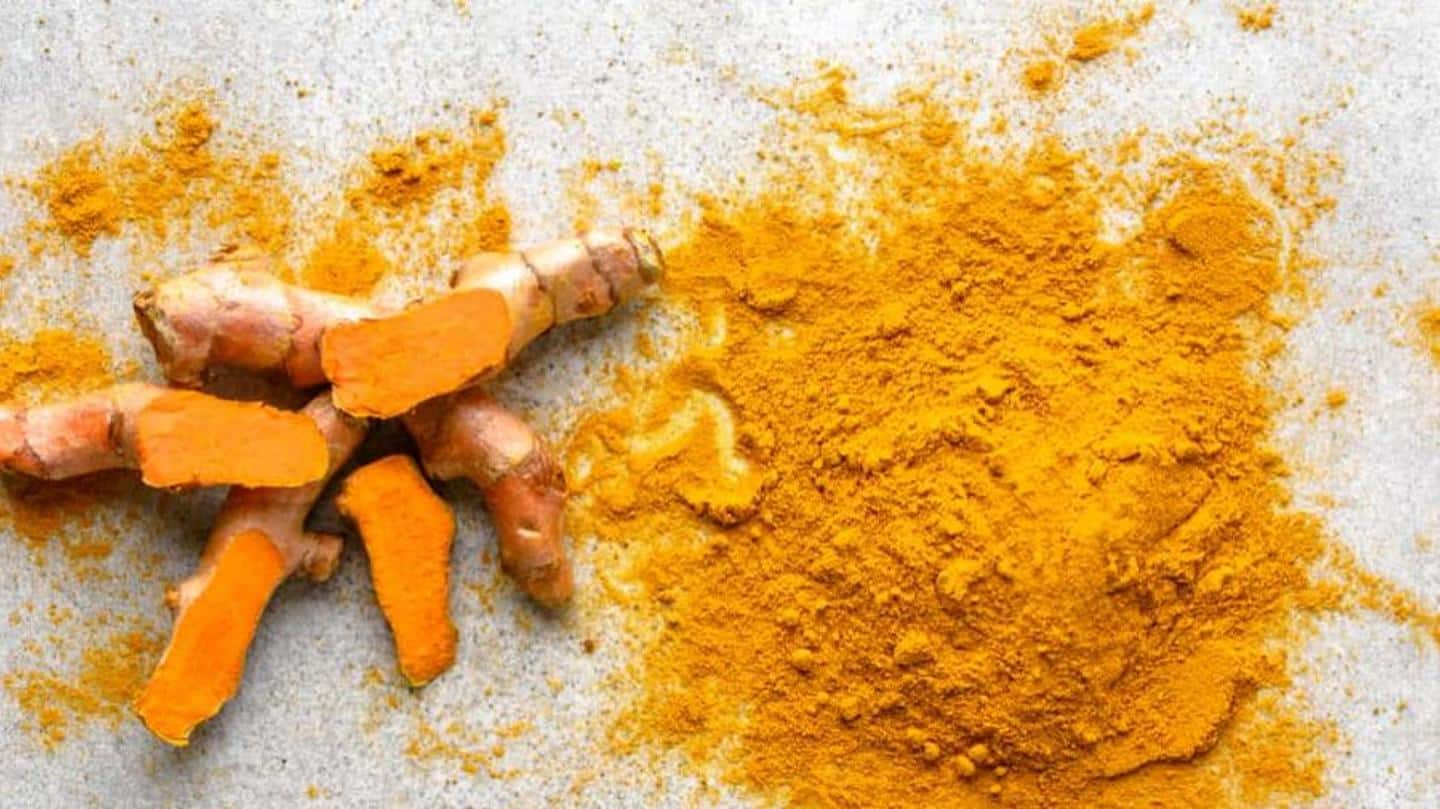
#HealthBytes: Health benefits of turmeric that are backed by science
What's the story
Turmeric, as a spice, is a staple in several cuisines all over the world.
In India, turmeric is of paramount importance not just in cooking but also as a cure and remedy for several infections and diseases.
The health benefits of turmeric are primarily attributed to curcumin, a compound found in turmeric.
Here are some of the health benefits of this spice.
Anti-inflammatory
Curcumin is a powerful anti-inflammatory compound
Inflammation is the body's natural response to get rid of bacteria, viruses, and infections.
But when it lasts for a long time, inflammation is harmful in a way where it begins to attack the body's own tissues.
Curcumin is an anti-inflammatory compound that is present in turmeric, which fights inflammation at the molecular level. This reduces the risk of life-threatening diseases.
Anti-oxidant
Anti-oxidant properties prevent the activity of free radicals in body
The benefits of curcumin don't stop with its anti-inflammatory properties, but this active compound is also known to be an excellent anti-oxidant as well.
Anti-oxidants neutralize the activity of harmful free radicals in the body that cause premature aging and other diseases.
In addition to this, curcumin also stimulates the body's own antioxidant enzymes, thus having a double effect on the body.
Brain function
Improves cognitive functions and reduces risk of brain diseases
Brain-derived neurotrophic factor (BDNF) is a type of growth hormone, which plays a significant role in the functioning of the brain.
Low levels of BDNF have been linked to several disorders, including depression and Alzheimer's disease.
However, research suggests that curcumin is effective in increasing the levels of this hormone and thus delays the onset of several brain diseases, including age-related ones.
Cancer
Reduces and inhibits the growth of cancerous cells
Turmeric is beneficial in the treatment of cancer and has been found to inhibit cancer cells' growth at a molecular level.
Several studies attribute curcumin to inhibiting the growth of cancerous cells in animals.
A study conducted on 44 men, with lesions in the colon that could turn cancerous, concluded that four grams of curcumin every day reduced the lesions by 40%.